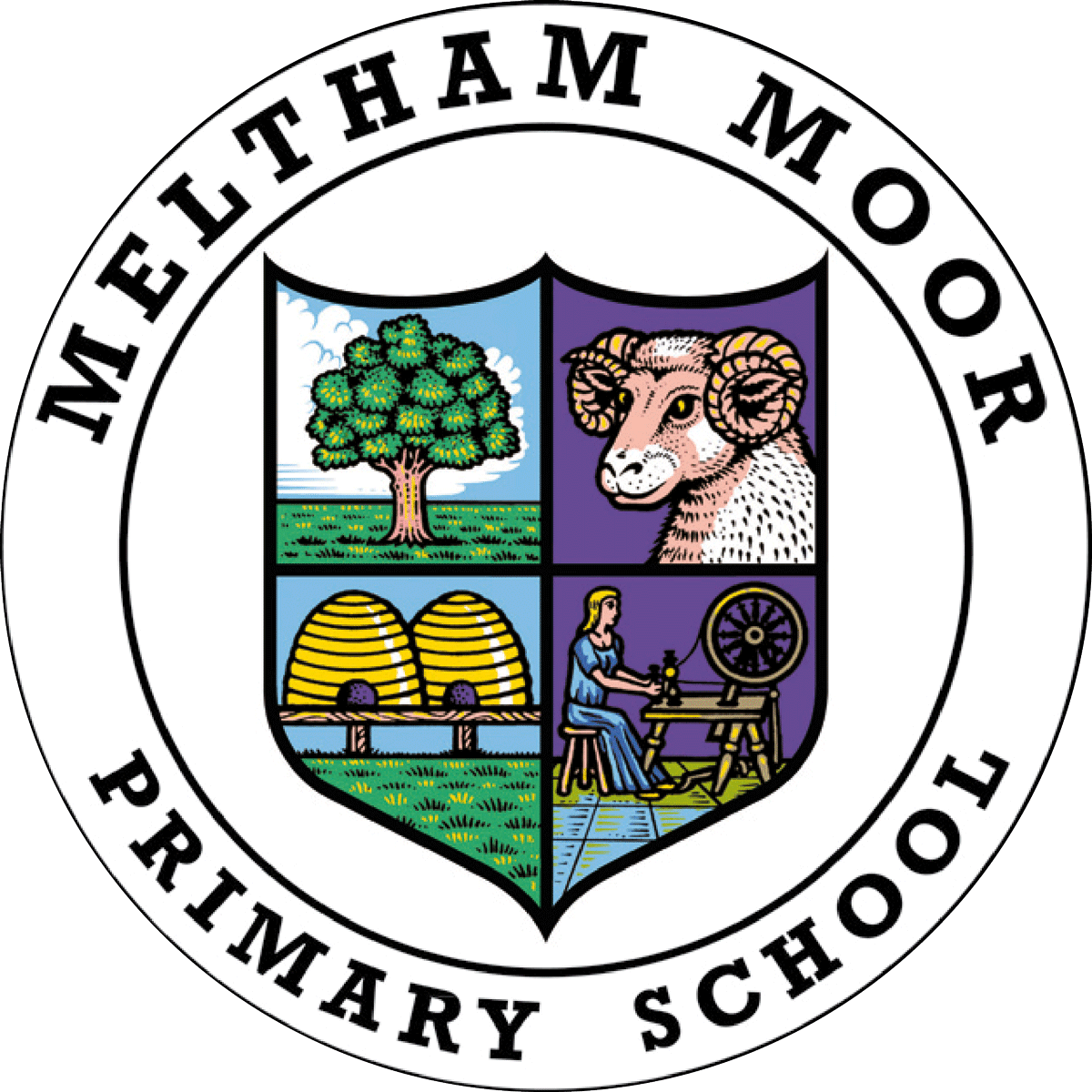Religious Education
“I am me in RE.
In Religious Education I learn about tolerance, respect, empathy and kindness.”
The intent of our RE Curriculum is to support the moral and spiritual growth of all our children. We believe that to become the best possible versions of themselves, our children must be given the opportunity to develop their own set of beliefs and values, being proud of who they are.
We recognise that exploring and understand the beliefs and values of others will lead children to a better understanding of themselves. In turn, this allows for the development of tolerance, respect, empathy and kindness for those who have faith and those who have none. With this in mind our RE curriculum has two main aims:
First, it is about beliefs and values. Our curriculum aims to develop pupils’ understanding of world faiths and other beliefs, exploring their commonality and diversity.
Secondly, it is about belonging. RE at Meltham Moor aims to nurture pupils’ awareness and acceptance of diversity as well as sensitivity to the questions and challenges that different views and cultures can present. Ultimately, we all share a common humanity and we share this patch of the Earth.
At Meltham Moor we are aware that we are strengthened and empowered by learning from each other. We believe that engaging and stimulating RE helps to develop informed and resilient responses to misunderstanding, stereotyping and division. It offers a place in the curriculum where difficult or ‘risky’ questions can be tackled within a safe but challenging context. We understand that RE can contribute dynamically to children and young people’s education by provoking challenging questions about meaning and purpose in life, beliefs about God(s), ultimate reality, issues of right and wrong and what it means to be human.
-
RE is taught weekly, with a new topic block each half term. Long term plans are taken from the 2019 Believing and Belonging scheme of work. (Believing and Belonging in West Yorkshire Agreed Syllabus for Religious Education in Calderdale, Kirklees and Leeds). Weekly lessons are planned by the teacher to link with key dates and religious festivals, providing opportunities to celebrate festivals and religions with greater relevance and consistency. Work is recorded in RE books and can be evidenced with a variety of outcomes suggested on the scheme of work; written piece, artwork, photos. Other work may be recorded in the form of short films or presentations. Year group related visits to and from different places of worship within our local and our wider community are age related and happen termly.
The syllabus allows for teachers to be flexible and adapt the term in which units are taught in their year group, thus offering cross-curricular links or involvement with parents or other members of the community.
To ensure progression and rigour, core religions through which our RE is taught, are identified in each key stage.
Key Stage 1
Learning is focused around Christianity and Islam, alongside non-religious perspectives. The curriculum at KS1 includes aspects of other faiths and world views within themes studied and reflects the beliefs in our local community and beyond.
Key Stage 2
Learning is focused around developing the children’s understanding of Christianity, Islam and nonreligious perspectives, extending to Judaism and Sikhism. The curriculum includes aspects of other faiths and world views.
The RE taught in our school it taken from the 2019 agreed syllabus Believing and Belonging in West Yorkshire Agreed Syllabus for Religious Education in Calderdale, Kirklees and Leeds. It:
Is open and objective, it does not seek to urge religious beliefs on young people, nor compromise the integrity of their own religious position by promoting one tradition over another.
Endeavours to promote a positive attitude toward people, respecting their right to hold different beliefs from their own.
Promotes the values and attitudes necessary for citizenship in a multi-faith and multi-racial society through developing understanding of, respect for, and dialogue with people of different beliefs, practices, races and cultures.
Recognises similarities and differences in commitment, self-understanding and the search for truth. Respecting and valuing these for the common good.
Is not the same as collective worship, which has its own place in the educational life of the school – together with RE it contributes to an informed, reflective, compassionate and caring school and community.
Recognises and celebrates the range of cultures and diversity of the school through workshops, assemblies and shared experiences of staff, children and people from the local community.
RE plays an important role in our school and, along with other curriculum areas (particularly PSHE) promotes social awareness and understanding. We encourage pupils to ask questions about the world and to reflect on their own beliefs, values and experiences. Within RE we include and promote British values, ensuring that our children are aware of their rights and responsibilities as UK citizens. Our curriculum is creative and designed to promote tolerance, respect, empathy and kindness to all.
-
At Meltham Moor our pupils enjoy learning about different faiths and why people choose to, or choose not to, follow a religion. Through their learning our children are able to make links between their own lives and those of others in their community and in the wider world.
The RE taught at Meltham Moor forms a key part of our school curriculum which, combined with our strong school values, ensures that the children of Meltham Moor are able to show tolerance, respect, empathy and kindness to all.


